14 questions I have after watching Blade Runner 2049
What happened to Wallace's eyes? Who caused the black out? And is Deckard a Replicant or WHAT?!
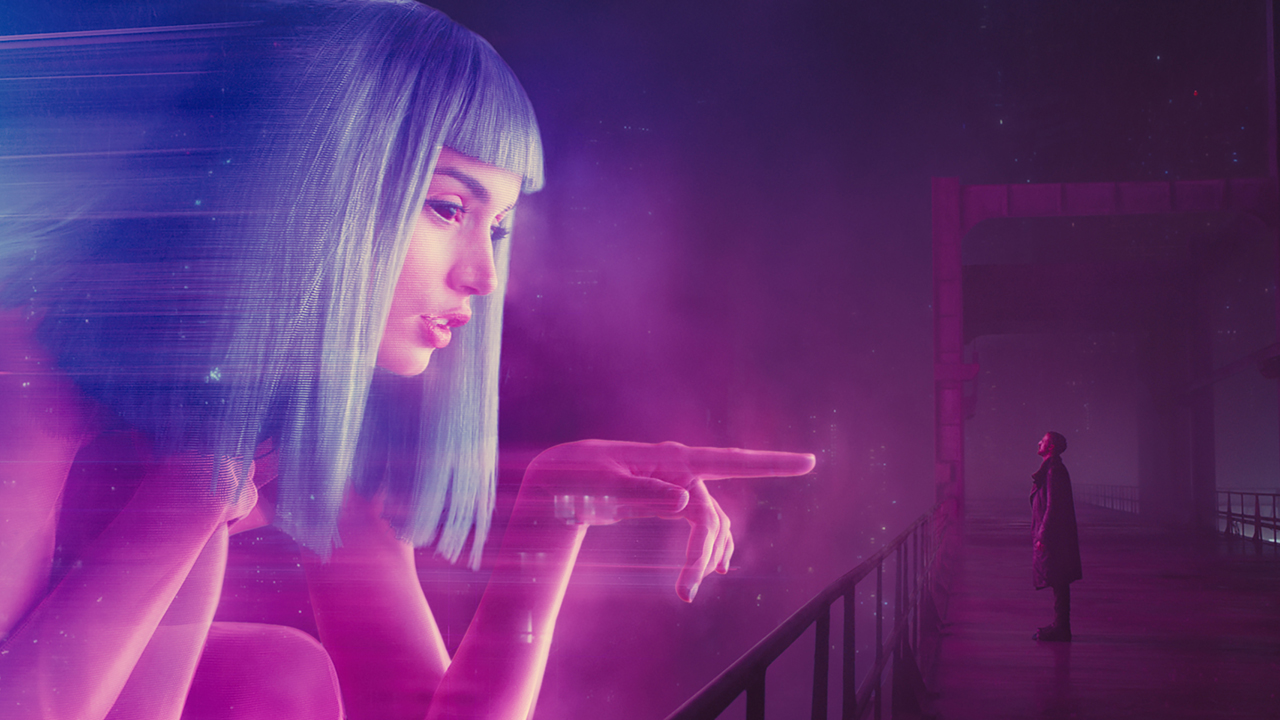
Blade Runner 2049 comes out on 4K Ultra HD, Blu-ray, and DVD today (in the US - the UK has to wait until Februrary 5) and despite the fact that it wasn't exactly a box office success, there's no doubt you need this movie in your collection. Director Denis Villeneuve surprised and delighted fans everywhere when the sequel came out last year, but while it allows us to revisit the fantastical world of the original, we still have some unanswered questions.
Read more: The best movies of 2017 - from Logan to Star Wars: The Last Jedi
If you haven’t seen Blade Runner 2049 yet, it goes without saying that there are major spoilers to follow, but if you have and you're looking to rewatch it now it's out on home release, maybe you can help with some of the questions below. What happened to Wallace's eyes? Who caused the black out? And seriously, is Deckard a Replicant or WHAT because it's still unclear? These are just some of the questions we have after watching Blade Runner 2049.
1. How are the new Replicants made to obey?
The prologue at the beginning of Blade Runner 2049 tells us that a new breed of Replicants, which obey completely, have been designed by the Wallace Corp. But it’s never really explained how Niander Wallace managed to make his Replicants obey and avoid the rebellions of the past (although he demonstrates their obedience in detail in this Blade Runner 2036 short). Given it’s the reason the government felt safe enough to lift the ban on creating Replicants after the events of the original Blade Runner, it’s obviously an important aspect of the new generation, not to mention one which the Tyrell Corporation never managed, and yet we never find out more. Plus, both Officer K and Luv show that they can disobey their human superiors should they choose to - when K lies to Lieutenant Joshi about destroying the Replicant child, and when Luv tells her that she’s going to kill her and tell Wallace she pulled a gun on her first - so it clearly isn’t working.
2. Are all Blade Runners Replicants in the future?
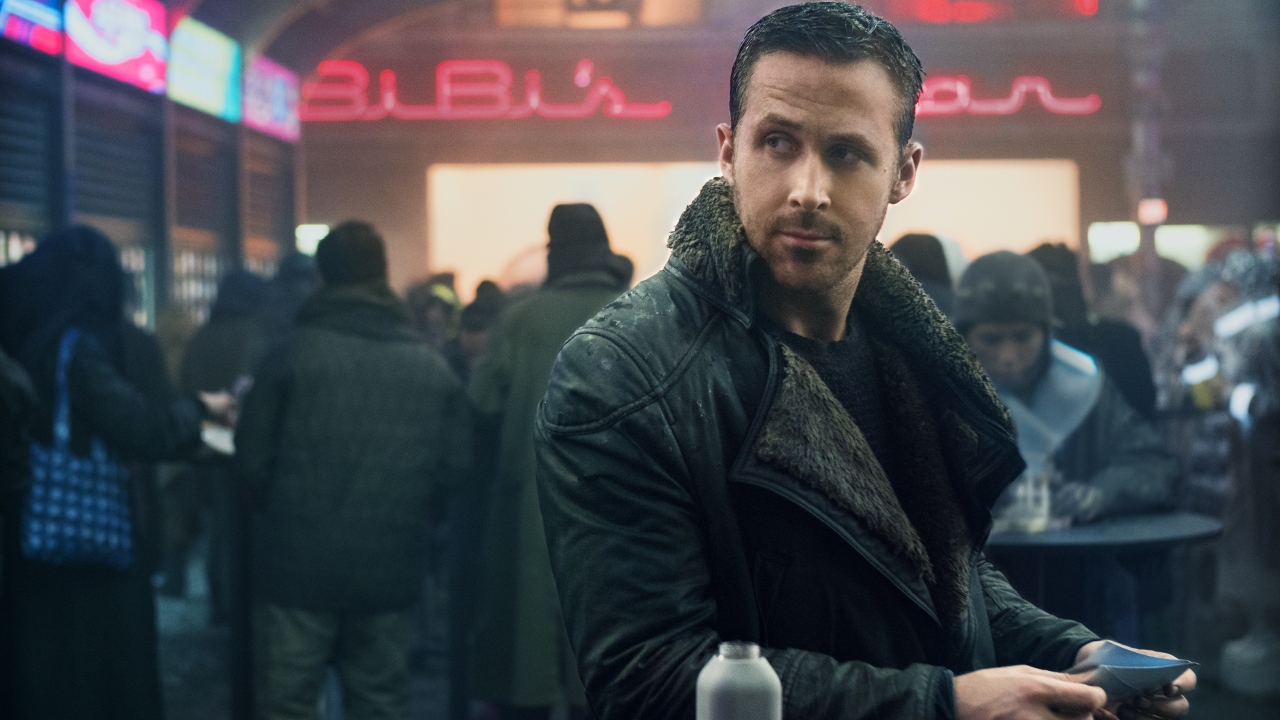
We learn pretty early on that Officer K is a Replicant and that despite the fact he’s a Blade Runner, he’s still treated with contempt by most humans. If we assume Deckard is human, does this mean that all Blade Runners are Replicants in the future? A sort of ‘it takes one to know one’ policy which sees the newer generation hunting down the older? There is some sense to this if the new Replicants obey completely, but as I’ve just said above, that doesn’t appear to be the case. As we don’t meet any other current Blade Runners in the movie, it’s hard to say either way if they’re all Replicants, but I’d assume they are. Otherwise, what makes K so special? Why would he be the only Replicant Blade Runner?
3. Is Joi conscious or just a really convincing AI?
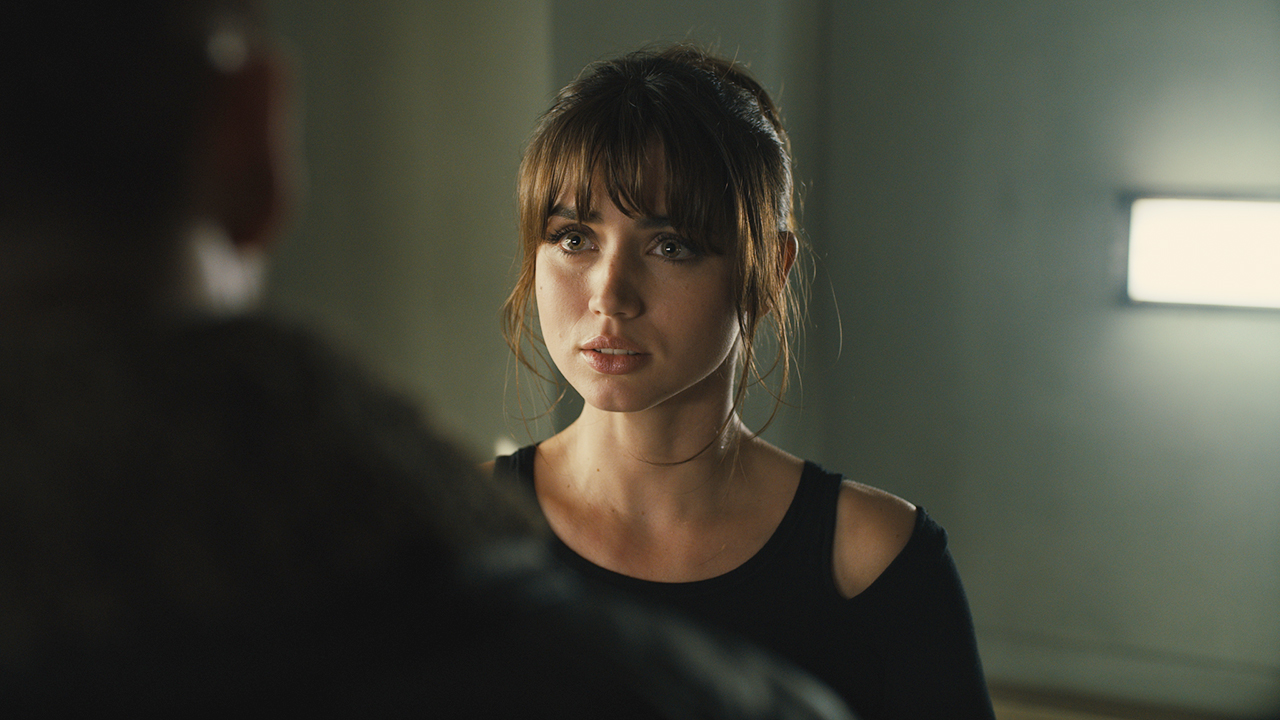
Joi seems to really love K, but we know she’s a computer-generated hologram. It’s never really explained if she has consciousness or not, but given the adverts we see throughout the movie which promote the Joi brand saying she can be “anything you want” her to be, I think it’s safe to say she’s just a really convincing programme. That doesn’t make her ending any less heartbreaking though. Sob.
4. What caused the black out?
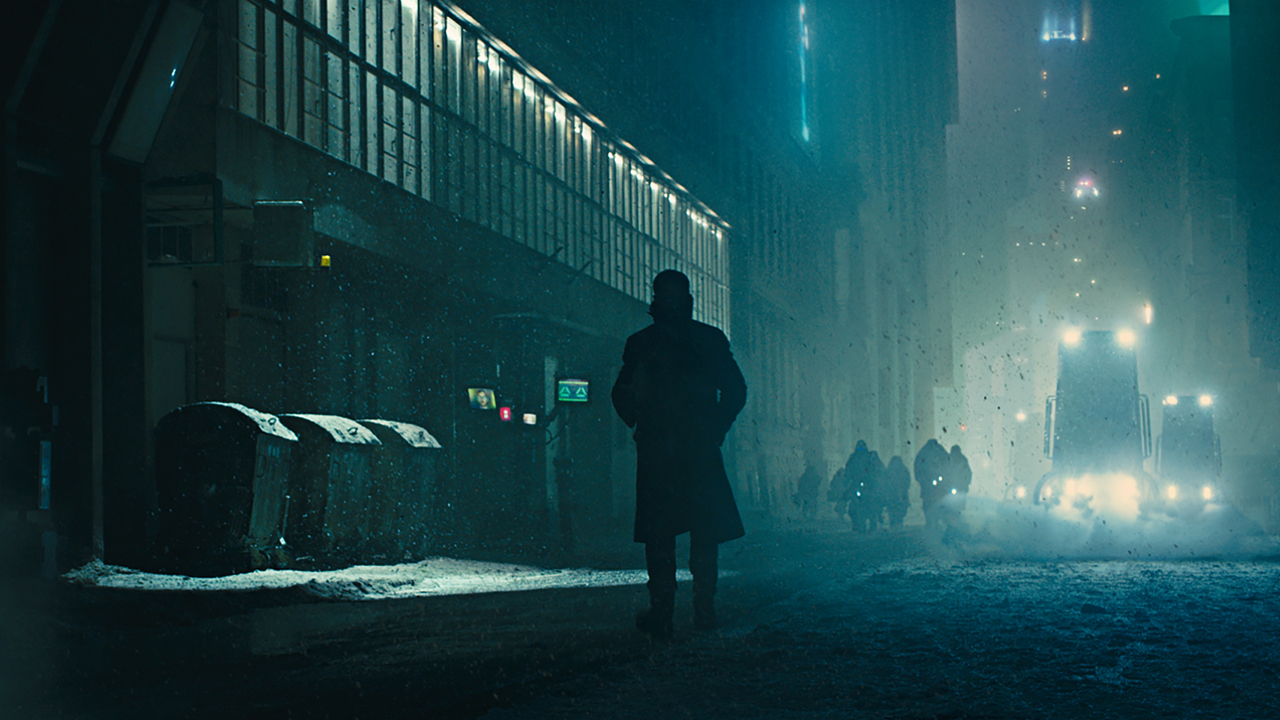
Throughout the film there are numerous references to “the black out” - an event which saw the world live in darkness for 10 days and the destruction of any data which wasn’t written down on paper. That means bank records, identification documents, even digital baby photos were all lost effectively resetting the world. The implications of such an event are obvious, but what I want to know is, what caused it? Was it an accident? Did somebody bring it about on purpose to hide something? And what kind of an event could cause such a wide-scale black out? It’s a pretty big catastrophic event which isn’t explained in the movie. Thankfully the Blade Runner 2022 short fills in the gaps and explains how the black out was triggered by a group of rebel Replicants who wanted to destroy the Replicant Registration database, which human supremacy groups were using to hunt them down and kill them.
Sign up to the SFX Newsletter
Get sneak previews, exclusive competitions and details of special events each month!
5. What happened to Wallace’s eyes?
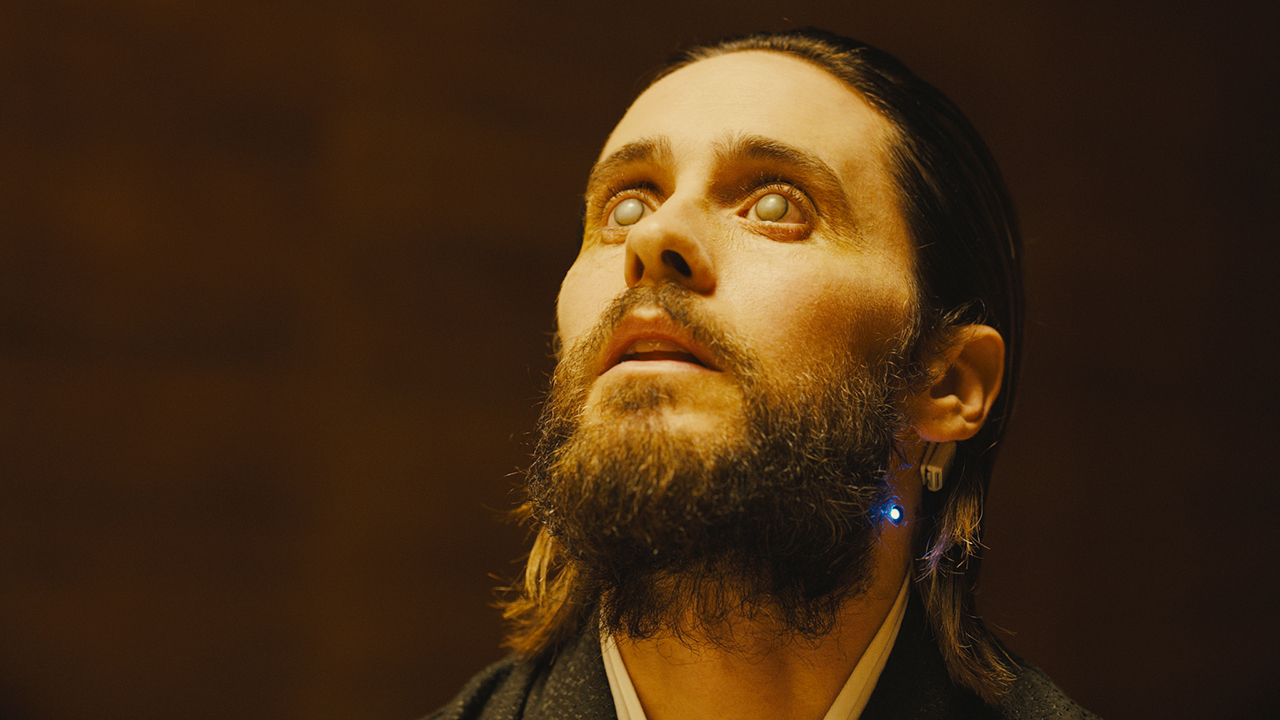
Wallace appears to be blind in Blade Runner 2049 (although he moves with such confidence that it’s hard to tell) and this is confirmed in the Blade Runner 2036 short. But how did he lose his sight? Was he born this way or did it happen to him later? The implant in his neck, which controls the little black cameras which float around him, allows him to see, but is this something he designed to cure his blindness or are his eyes damaged because he uses this superior tool? It does let him keep an eye on a lot more than he’d be able to with two human eyes so maybe he decided it was worth going blind for. And why didn’t he have it in 2036? Had it not been invented yet or did he choose not to use it to make the board more sympathetic to his request?
6. Why does Wallace want his Replicants to be able to reproduce?
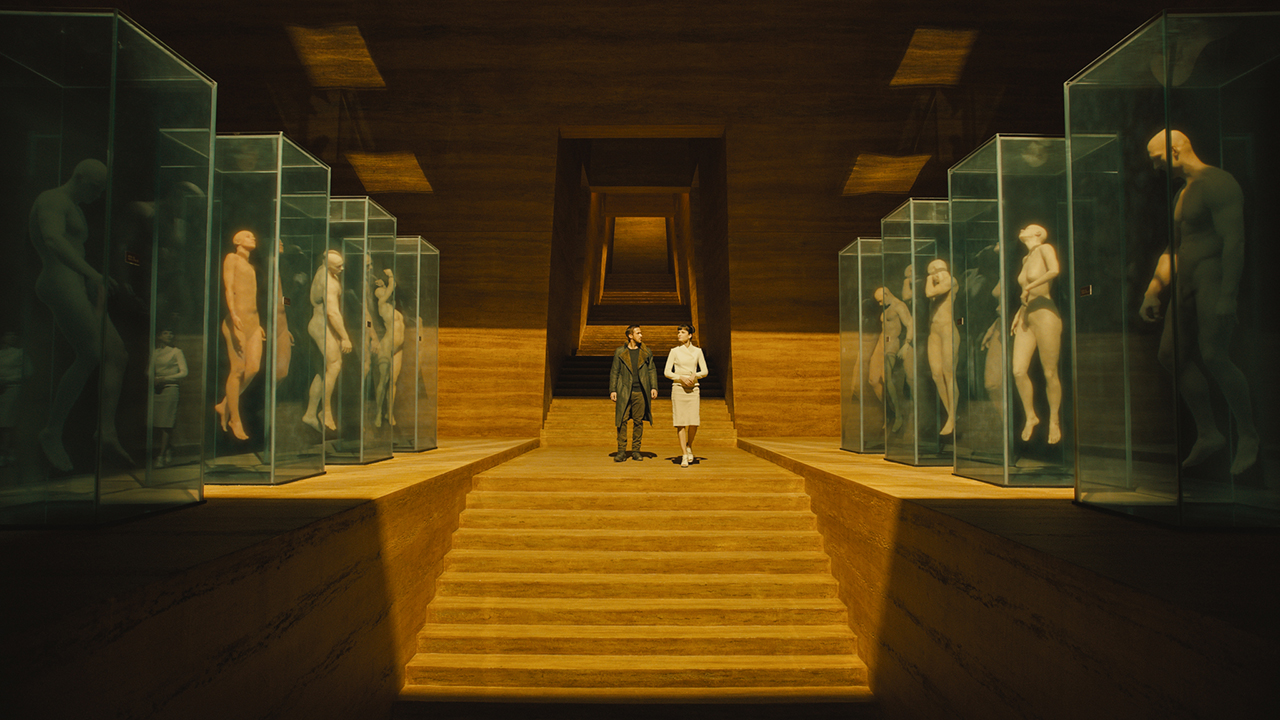
Lieutenant Joshi makes it very clear that if it gets out that Replicants can reproduce it would be the start of a war - “This breaks the world,” she tells K. Freysa and her band of rebel Replicants back this up, telling K that if they can reproduce they become “more human than human”. The implications are obvious - if Replicants can be born instead of made, they can’t be the property of humans, they can’t be slaves. So why does Wallace want his Replicants to be able to reproduce?
As the major, if not only, producer of Replicants in the world anything which would throw their status as slaves into question would surely put him out of business almost overnight. At the very least, it would start a Replicant revolution which would lead to the ban being put back in place. He says that he wants Replicants to reproduce because he believes many more are needed to achieve humanity’s mastery over the stars - more than his company could ever make - but given the danger in letting Replicants reproduce, you have to wonder if he’s just so arrogant he thinks he’ll still be able to control them once they start having their own children. This leads us onto…
7. And why can’t they already if the Tyrell Corporation’s Replicants could?
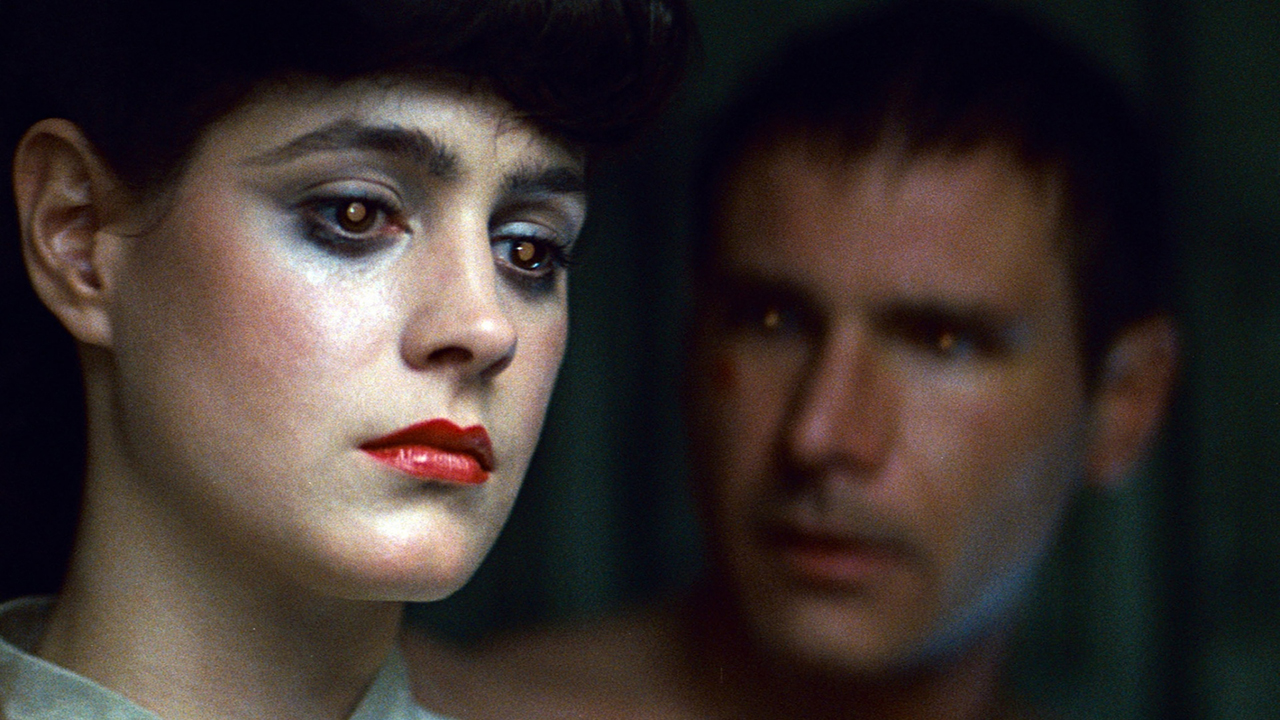
If Wallace wants his Replicants to be able to reproduce, why can’t they? Especially considering the Tyrell Corporation managed it and they were an older and presumably now out of date company. Wallace bought the Tyrell Corporation after it went bankrupt so he has everything they had. Ok, so that information could have been lost in the black out, but his Replicants are supposed to be superior to the ones of old so if they could reproduce, surely Wallace’s should be able to as well?
8. How did Deckard and Rachael meet Sapper Morton and Freysa?
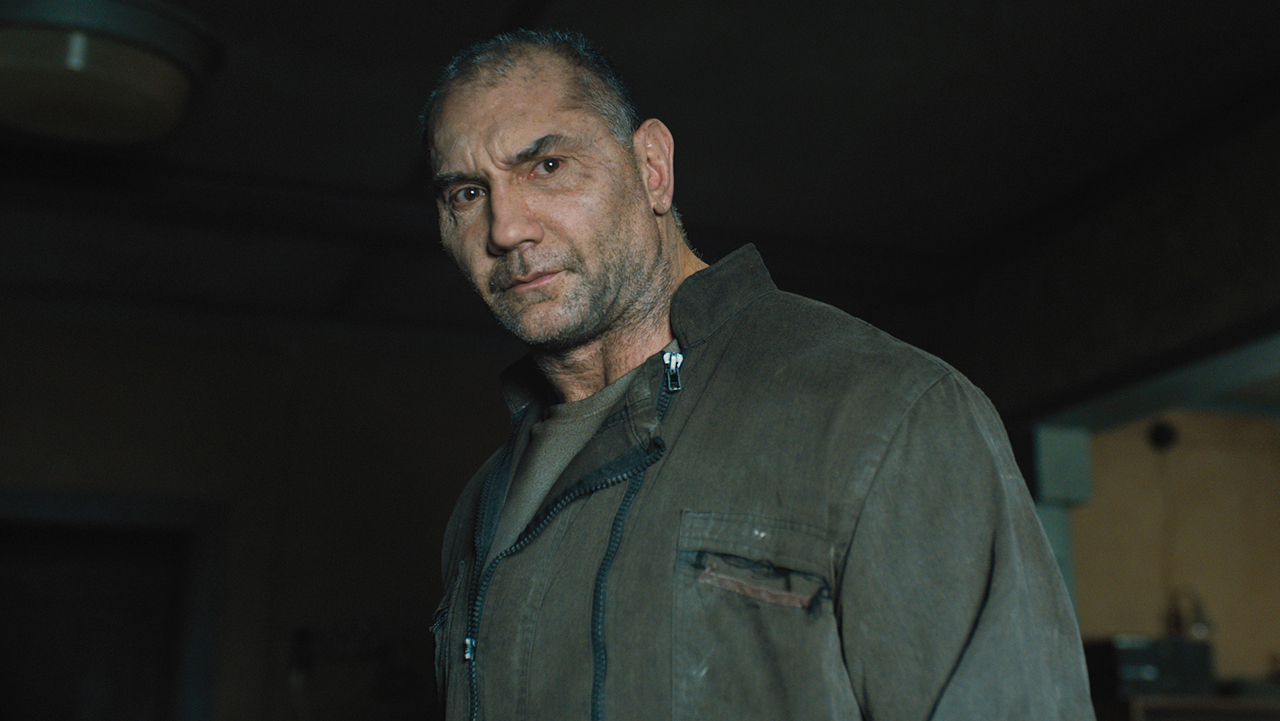
We discover in Blade Runner 2049 that Sapper and Freysa are two Replicants who help Deckard and Rachael hide their daughter once she’s born. This explains why Rachael is buried on Sapper’s farm as he was an army medic Replicant so Deckard and Rachael obviously went to him for help when Rachael went into labour. Freysa also reveals that she was there and held Rachael’s hand as she died. She’s also the only one who knows where their daughter is hidden so something must have happened to make Deckard and Rachael trust them so much. How did Deckard and Rachael meet Sapper and Freysa though? This is never really explained in the movie, but we know from this Blade Runner 2048 short that someone found Sapper - could it have been Deckard? It doesn’t sound like it so perhaps they found each other while they were on the run. Deckard does tell K that “they” were being hunted and that doesn’t necessarily mean just Rachael and himself.
9. How was Deckard able to elude the authorities?
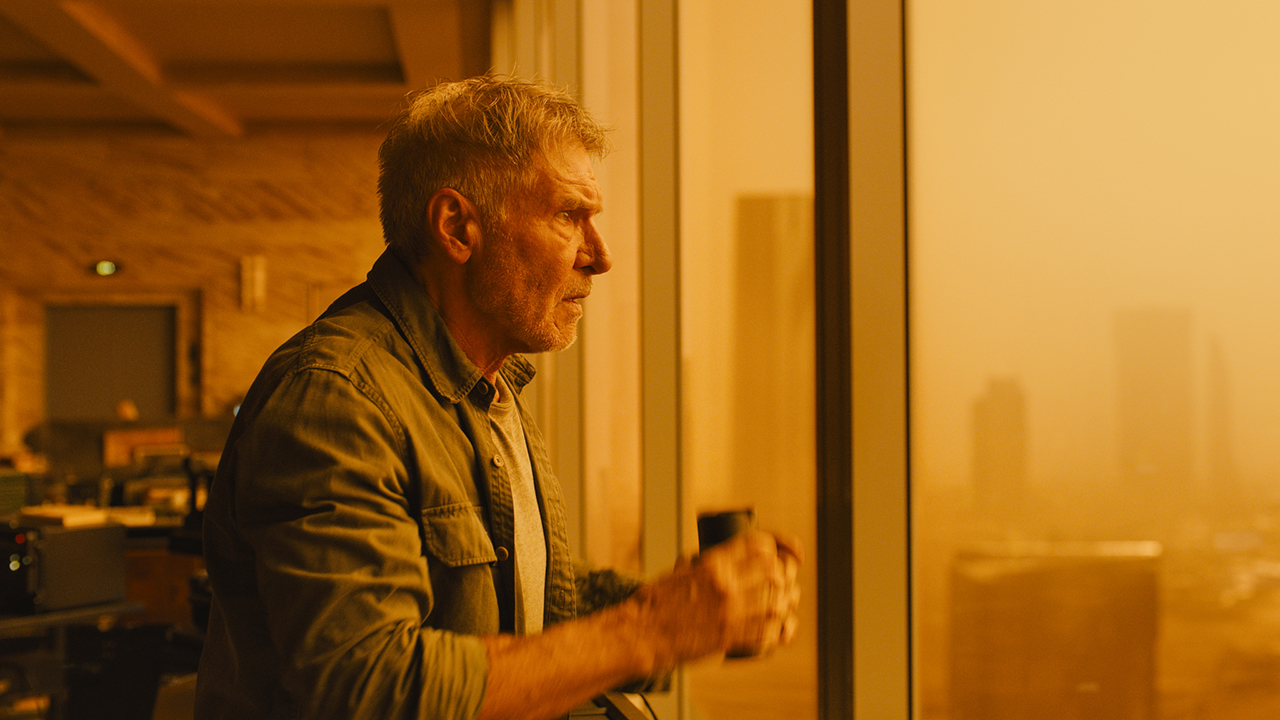
This also begs the question how Deckard was able to avoid the people who were hunting him for so long. We’ve seen how effective Blade Runners can be, and he and Rachael were surely a high price targets. Even after her death they wouldn’t have stopped looking for him, so how was he able to elude them for as long as he did? Well, he lived in one of the most radioactive areas of the world - somewhere that K said “no one lived” so it’s unlikely that anyone would have gone looking for him there. He also had his skills as a former Blade Runner which no doubt helped in avoiding his capture, but the biggest factor would have to have been the black out which erased almost all information about him and Rachael. Very helpful that black out.
10. Why does Luv leave K behind alive when she captures Deckard?
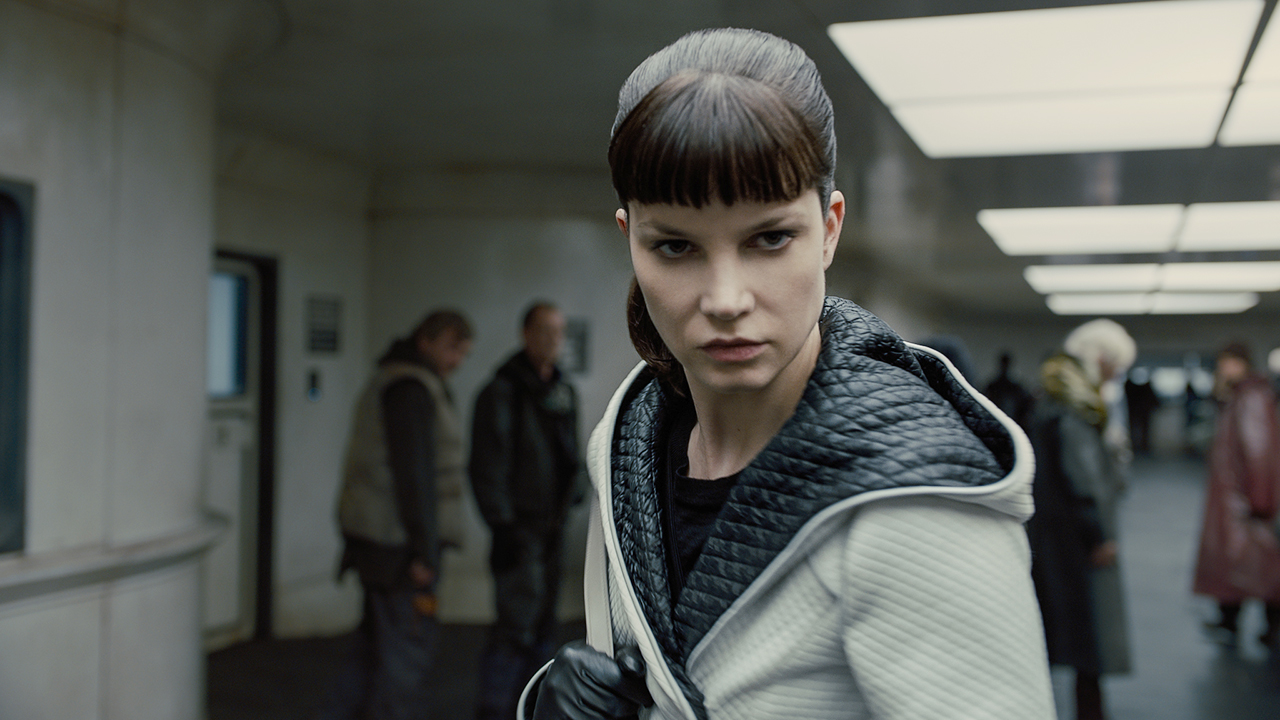
It’s seems like a pretty stupid move on her part and one she no doubt regrets when he’s kicking her ass later in the movie. What was she thinking? Surely when she captured Deckard she should have bought K along for the ride too, and if not, then she definitely should have made sure he was dead. The only explanation I can think of, is that Luv is so self-assured in her own success that she didn’t see the broken and battered K as a threat. Big mistake.
11. Is off-world torture really the only way to extract information from someone in the future?
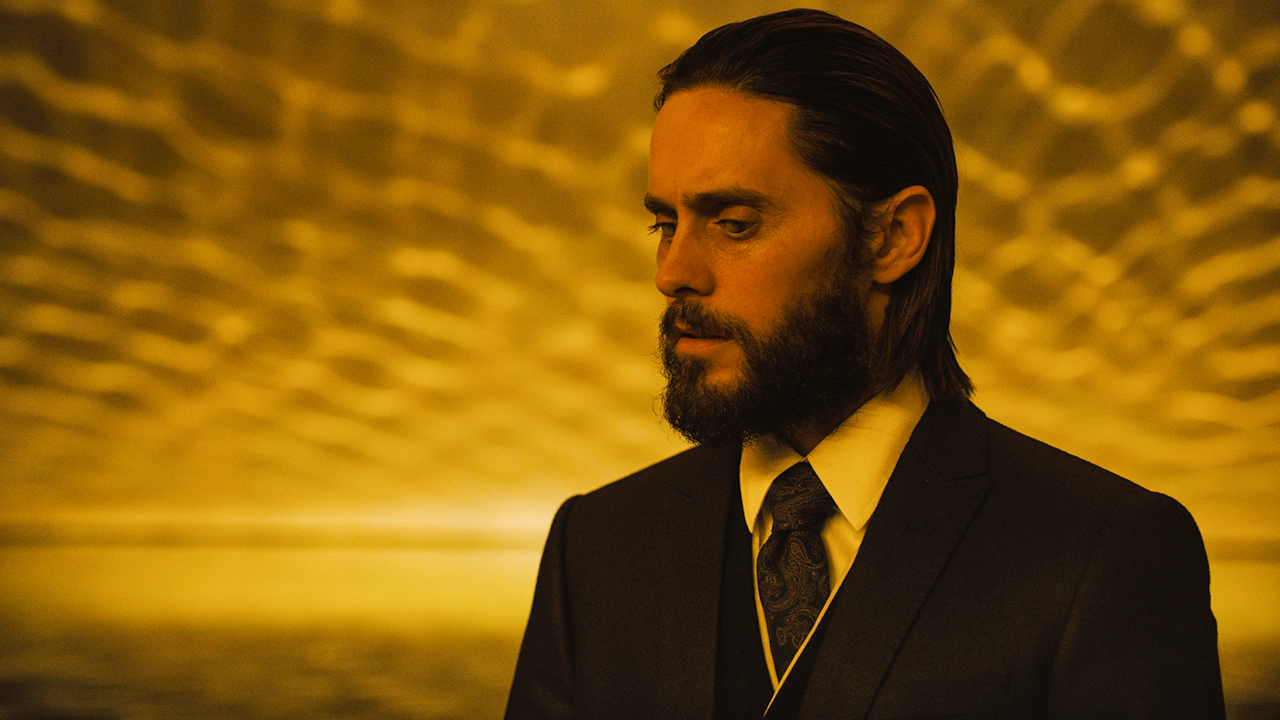
When Deckard refuses to betray his daughter (even to be reunited with his beloved Rachael again) Wallace tells him that they have ways of making him talk… off-world. Torture is an age-old threat, but the idea that it’s only something that can happen off-world in the future is a little weird. It feels like this was more a plot point which was fitted in to give K the chance to rescue Deckard as he was being transported, rather than a realistic element of the future. Maybe in the future Earth’s governments have really cracked down on torture and the only way Wallace can get away with it is to have it done off-world, but that seems unlikely. Plus, haven’t they invented something like truth serum yet?
12. How did Officer K get one of Ana’s memories?
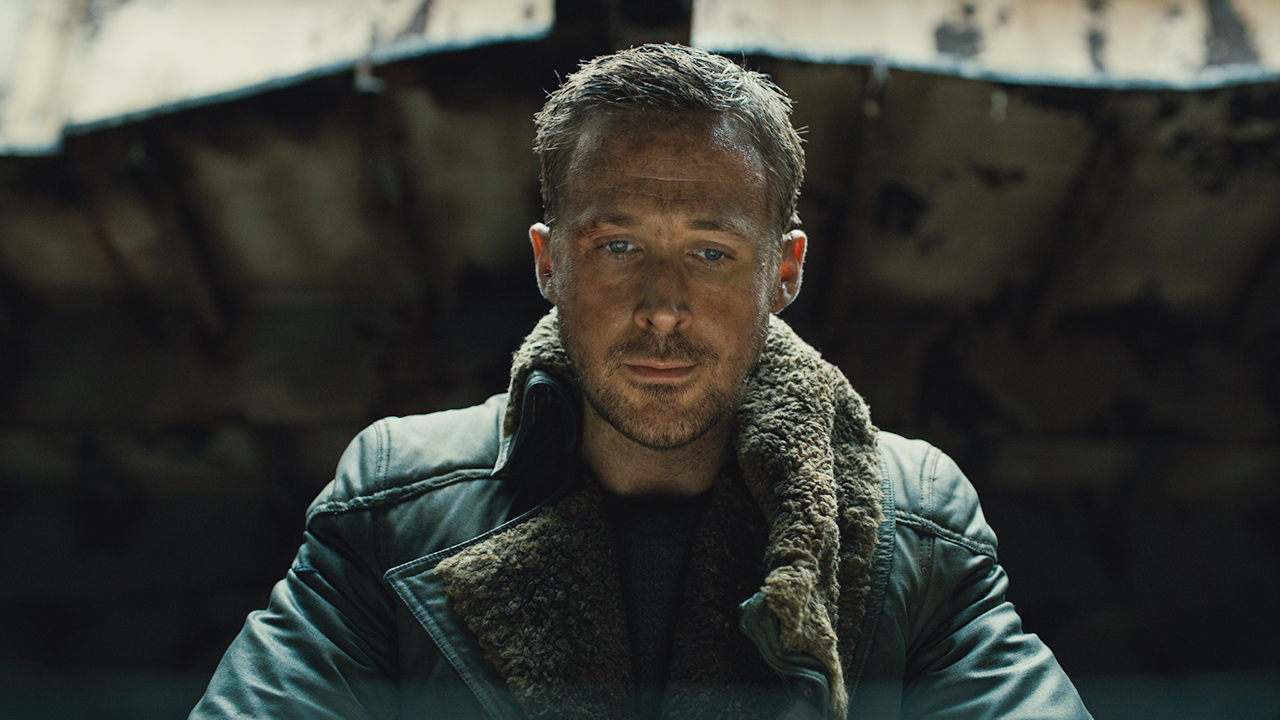
His memory of hiding the wooden horse from the gang of boys at the orphanage is what leads K to initially believe that he his Deckard and Rachael’s child, but as we eventually find out, it’s actually Ana’s memory which has been implanted in him. The question is, how did it get there? There’s a couple of options. When Freysa reveals that K isn’t their child, she tells him that the duplicate DNA records of the boy and the girl were all part of the story designed to hide Deckard’s child. This leads me to believe that perhaps Ana’s memory was implanted in K, and presumably other Replicants, as a decoy should anyone ever come looking for her. The other option is that the memory was implanted by Ana herself. We know that she works for Wallace designing memories for Replicants so it’s not a stretch to imagine that she would have designed some from her own memories. Not knowing who she was, she probably didn’t see any danger in a few Replicants having a real life memory of hers.
13. Is Ana Replicant or human?
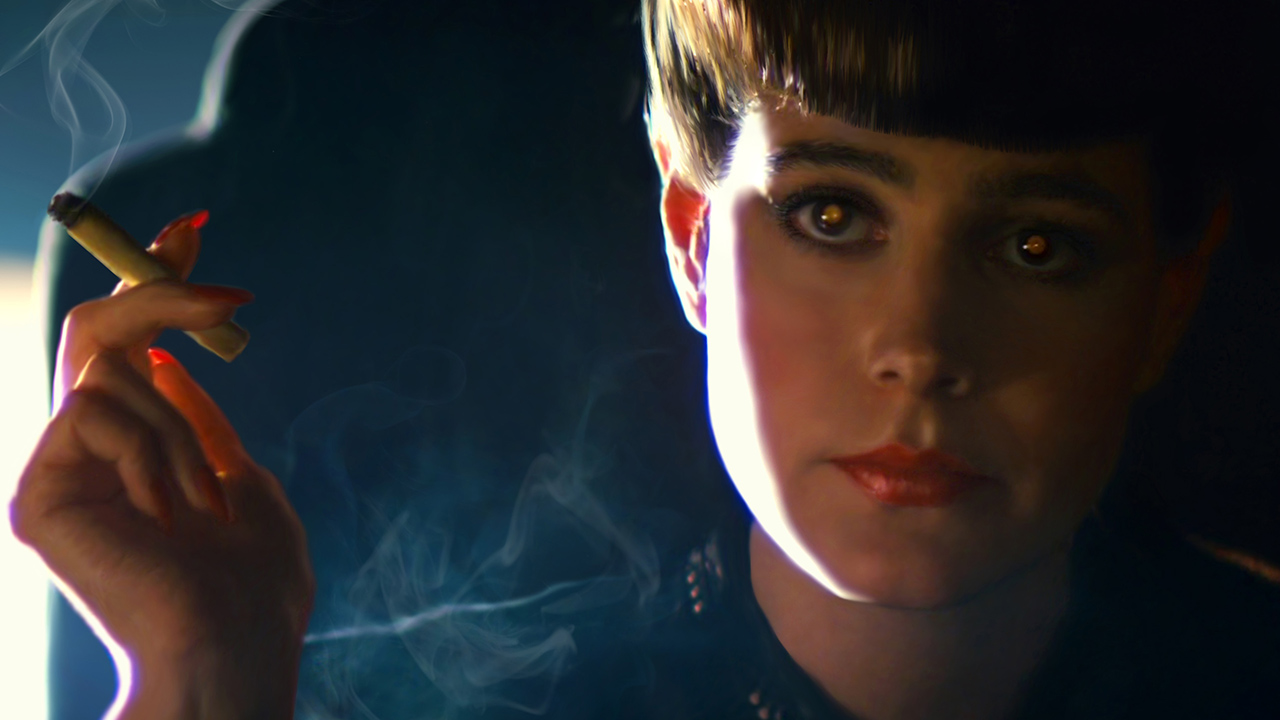
While we’re on the subject of Ana… is she human or Replicant? Well, we know she was conceived, carried, and born whereas Replicants are made full-formed by the Tyrell Corporation or the Wallace Corp. So in that sense, she is human. However, the more in-depth answer is that she’s both. If you believe Deckard is human, no matter how she was born, Ana has one human parent and one Replicant parent so she’s half-human half-Replicant.
14. So… is Deckard a Replicant or WHAT!?
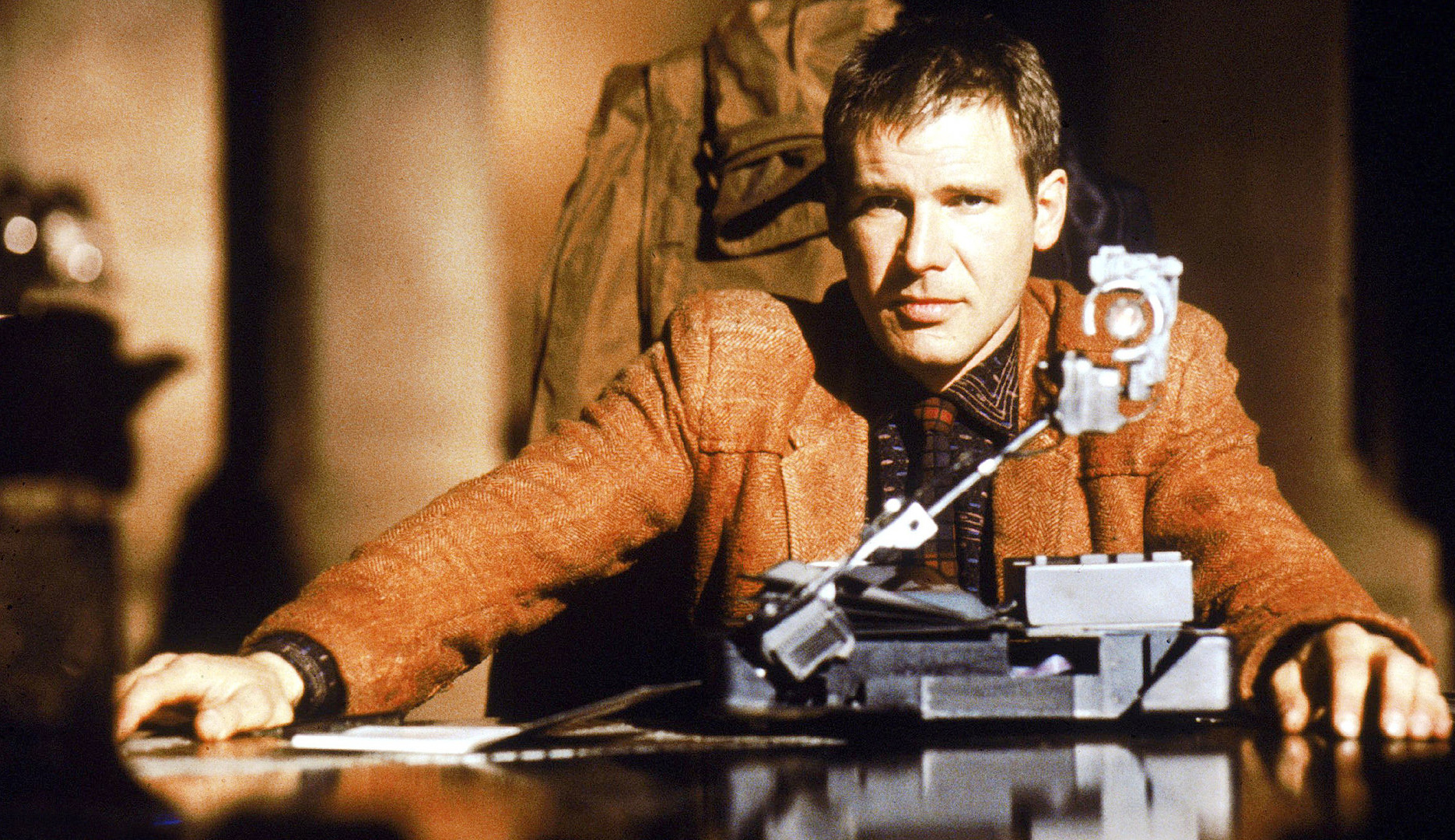
This is the big one, isn’t it? The question we’ve all been asking ourselves ever since the credits rolled on the original Blade Runner movie. And if fans were hoping that the sequel would answer the question of whether Deckard is a Replicant or not… well, I’m sorry, but you’re going to be sorely disappointed because I’ve still no idea and I’ve seen the movie! Perhaps intentionally, the sequel doesn’t specifically talk about whether Deckard is human or not… and annoyingly, the storyline makes sense either way. Whether Deckard is a human or Replicant, Rachael’s pregnancy is still a “miracle” and their daughter would still need to be hidden and protected from Wallace Corp. Yes, Deckard has aged but the old world Replicants were given a natural lifespan so he could still be a Replicant. On the other hand, he managed to survive in one of the most radioactive parts of the world so maybe that proves he’s a Replicant. When K asks Deckard if his dog is real, he replies with “I don’t know,” but he might as well be talking about himself. Is Deckard Replicant? NO ONE KNOWS.
Lauren O'Callaghan is the former Entertainment Editor of GamesRadar+. You'd typically find Lauren writing features and reviews about the latest and greatest in pop culture and entertainment, and assisting the teams at Total Film and SFX to bring their excellent content onto GamesRadar+. Lauren is now the digital marketing manager at the National Trust.



